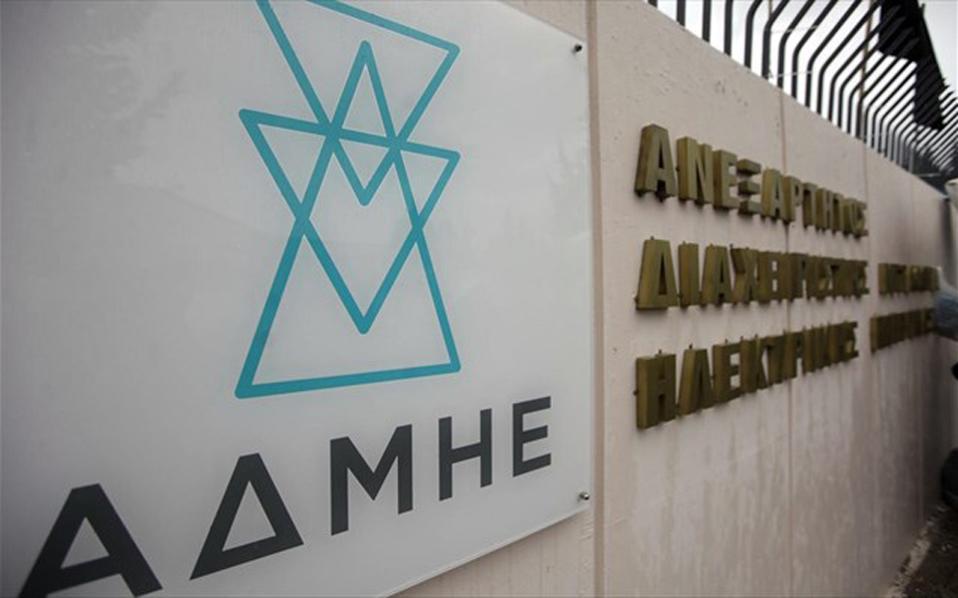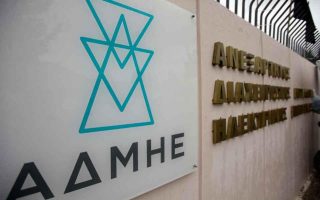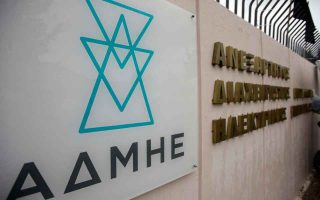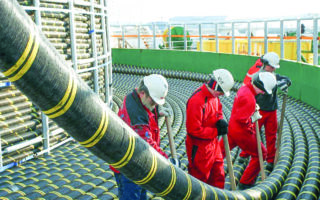Obstacles to Cyprus’ EU grid connection

A critical regional energy project aiming to connect Cyprus to the European electricity grid has hit significant roadblocks, threatening the country’s bid to end its energy isolation as the last EU member-state without such a connection.
The Great Sea Interconnector (GSI) electricity cable, overseen by the Independent Power Transmission Operator of Greece (ADMIE), faces delays and regulatory disputes, necessitating potential political intervention.
The Cyprus Regulatory Authority (RAEK) recently issued decisions that obstruct ADMIE’s progress on the project, causing friction between the two entities. These decisions, coupled with ADMIE’s concerns, have created a tense atmosphere, potentially requiring high-level political mediation from both Nicosia and Athens to resolve the issues.
ADMIE has voiced strong objections to RAEK’s rulings, emphasizing that without revisions, the project may collapse. The dispute comes amid other problematic energy initiatives in Cyprus, raising fears about energy sufficiency, electricity costs, and solar energy production.
The political dialogue has already begun, with Greek Prime Minister Kyriakos Mitsotakis reportedly discussing the situation with Cypriot President Nikos Christodoulides. The energy ministers of both countries have also communicated their concerns, highlighting the urgent need for a resolution.
The project’s financial stability is at stake, with the European Commission providing 657 million euros in aid, which could be withdrawn if the deadlock persists. ADMIE anticipated cost recovery fees from Cypriot electricity consumers starting January 2025, a crucial factor for the project’s viability. However, RAEK’s decision to delay these fees has raised serious concerns about financial shortfalls.
Efforts to mediate a compromise are ongoing, with potential solutions involving an adjusted timeline for cost recovery. Both sides are maneuvering to secure favorable terms, but some middle ground appears necessary to keep the project on track.
With the stakes high and political costs looming, both Cyprus and Greece are working to de-escalate tensions and emphasize the long-term benefits of the GSI project. The outcome of these efforts will determine whether Cyprus can finally achieve its long-sought connection to the European electricity network.





